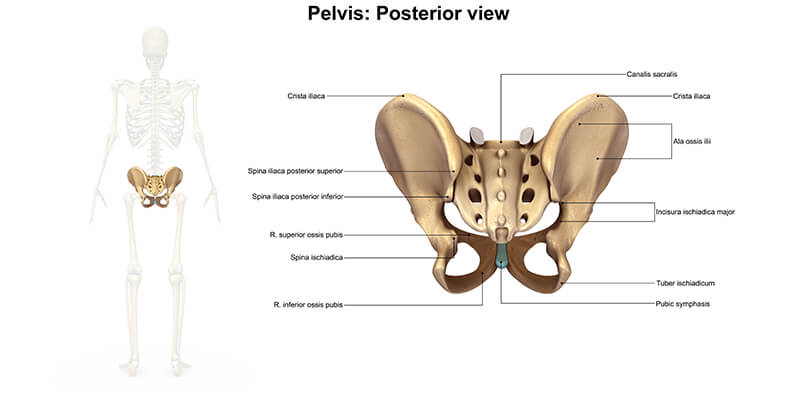What is Pelvic Floor Physiotherapy and why is it important for me?
Pelvic Floor Physiotherapy is a specialization of Physiotherapy, which targets the musculature that supports the pelvic organs (bladder, colon and uterus). The muscles that support these organs are most commonly injured/affected from things such as childbirth, heavy lifting, excess weight, surgery, or neurological conditions (although there are many other causes as well).
When the pelvic floor muscles are not functioning properly, individuals can experience conditions such as urinary/bowel incontinence or leakage, urinary dysfunction (frequency, pain, urgency), pelvic organ prolapse, painful intercourse or insertion of feminine products, diastasus recti (enlarged separation of abdominal muscles), and even persistent low back pain.
A pelvic floor assessment is an extremely helpful session to learn more about your own body and what really is the pelvic floor musculature. Learn more on how to turn on the muscles, where they live in the body, what their role is in the body. The more you know about the body the better aware you are on how to prevent issues from arising in the body such as urinary incontinence, pelvic pain, low back pain, constipation, prolapse and more.
What does a Pelvic Floor session look like?
Prior to your first visit, you will be sent a Pelvic Floor intake form that will give your Physiotherapist a better idea of your pelvic floor history. An initial assessment often involves an internal and external assessment of the pelvic floor and surrounding musculature. It’s important to note that all pelvic sessions are directed by the patient’s level of comfort and can be modified if you are not comfortable with internal work.
Can I bring my baby in?
Yes! We know that getting childcare for new moms to come to appointments can be difficult, and new moms are often the ones who need care the most! Post-partum care typically can begin as soon as 6 weeks after birth unless otherwise stated by your doctor.

Do I need to have an issue to start Pelvic Floor treatment?
Not at all! Preventative care is always encouraged. In particular, if you are currently pregnant or looking to get pregnant, preparing your body for this transition can help minimize post-partum pelvic floor issues. If you are preparing for a pelvic surgery such as a hysterectomy, abdominal surgery, or prolapse repair, this same principle is true. Preparation is key!

